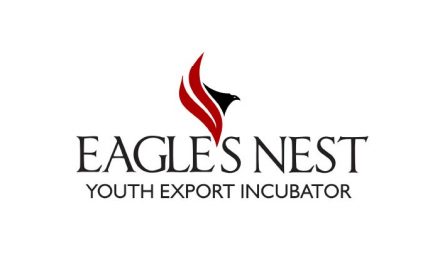Investment is a game that can be played in many different ways. Zimbabwe is notorious for its lack of short term investment alternatives. Firstly let me say information on specific products is scarce and you will have to talk directly to the institutions mentioned here to find out more about their specific offers or your regular provider of financial services. What we are going to discuss is short term investment alternatives, so those that are suitable for placing money in anywhere from 1 to 12 months, though some can hold for longer.
Unit trusts
Unit trusts are specialised financial products. Think of it as a company (in this case a trust) that invests in other companies and its shares (units) are available for you to buy and sell on an open market. Unit trusts are favourable because of their low buy-in and flexibility of buy-in. They also benefit from the pooling of expertise to select the investments with low cost to the owners. Historically Old Mutual has provided good results with their unit trusts. They are highly suitable if you wish to hold money while accumulating it for a specific purpose.
Shares
The Zimbabwe Stock Exchange recently came under fire from the government and trading was suspended. So please bear this in mind and do your research carefully about this. Shares have proven a very good investment, especially in the short term as lately most shares on the Zimbabwe Stock Exchange have outpaced both inflation and the galloping parallel market exchange rate. Entry price varies from company to company but platforms like Ctrade allow Zimbabweans to trade shares via web, application or USSD from as little as ZW$100. Share trading is not as simple as unit trusts, you will need a little research to pick winners. Of course, shares perform well in the long term as well.
Term deposits
Term deposits, sometimes called fixed deposits, are high interest (you will have to take this term with a pinch of salt in the Zimbabwean context) deposit accounts offered by banks and other deposit-taking institutions. Term deposits fix the duration of the deposit so you cannot withdraw in the medium term. However, you can borrow against term deposits. The POSB had one of the most attractive term deposit offers with 3, 6, 9 and 12-month options. Terms deposits have the disadvantage of coming nowhere near beating inflation providing negative real interest rates. They have not been a good idea since the switch to the Zimbabwean dollar.
Bonds
We have not had these operating in Zimbabwe but recent announcements made me include them in this list. Bonds are medium to long term debt security instruments. A borrow divided their huge loan into many small pieces and borrows a small piece from many different people promising to pay a fixed interest amount on the face value and repay the principal at the maturity of the bond. That’s the easy part. The recent announcement by the RBZ of Open Market Operations instruments seems to mirror the bond concept completely. The government also indicated they intend to launch a foreign currency linked bond which would maintain its US dollar value by adjusting the bond Zimbabwean dollar price at the weighted average auction price. The hard part is bond pricing which can get very complicated. When these instruments are launched we can do a deep dive into the pricing. What you need to know is that a bond value is affected by the credit rating of the issue and the interest rate which can have an implied element by selling the bond at less than face value though it will be paid out at face value. This is called a deep discount. The US dollar-linked one sounds attractive though time will tell. Bonds pay low returns to other options but are a safe bet in the majority of cases.
ETFs and REITs
Exchange-Traded Funds and Real Estate Investment Trusts were announced earlier in the year but ZSE chief executive Justin Bgoni. The two are very different but I’ve grouped them because they have similar characteristics. Exchange-Traded Funds are pooled funds that invest in different projects but it’s safe to say we will be dealing with funds that invest in shares. The advantage over say unit trusts which have similar characteristics is being sold competitively on an open exchange. Making entry and exit very easy. Real Estate Investment Trusts as the name suggests takes the unit trust approach to real estate. Allowing pooling of small amounts from many users to invest in property. Property has high barriers to entry, low liquidity and long term view so these bring the advantages of property to short term horizons. Both of these are still proposed so we do not have detail on how they will work. They present good opportunities to widen short term investment alternatives for Zimbabweans.
Admittedly the options for Zimbabweans are extremely narrow as things stand and the suspension of the ZSE, though not the first time, is certainly threatening to shrink the landscape further.









Learning thank you for this article.